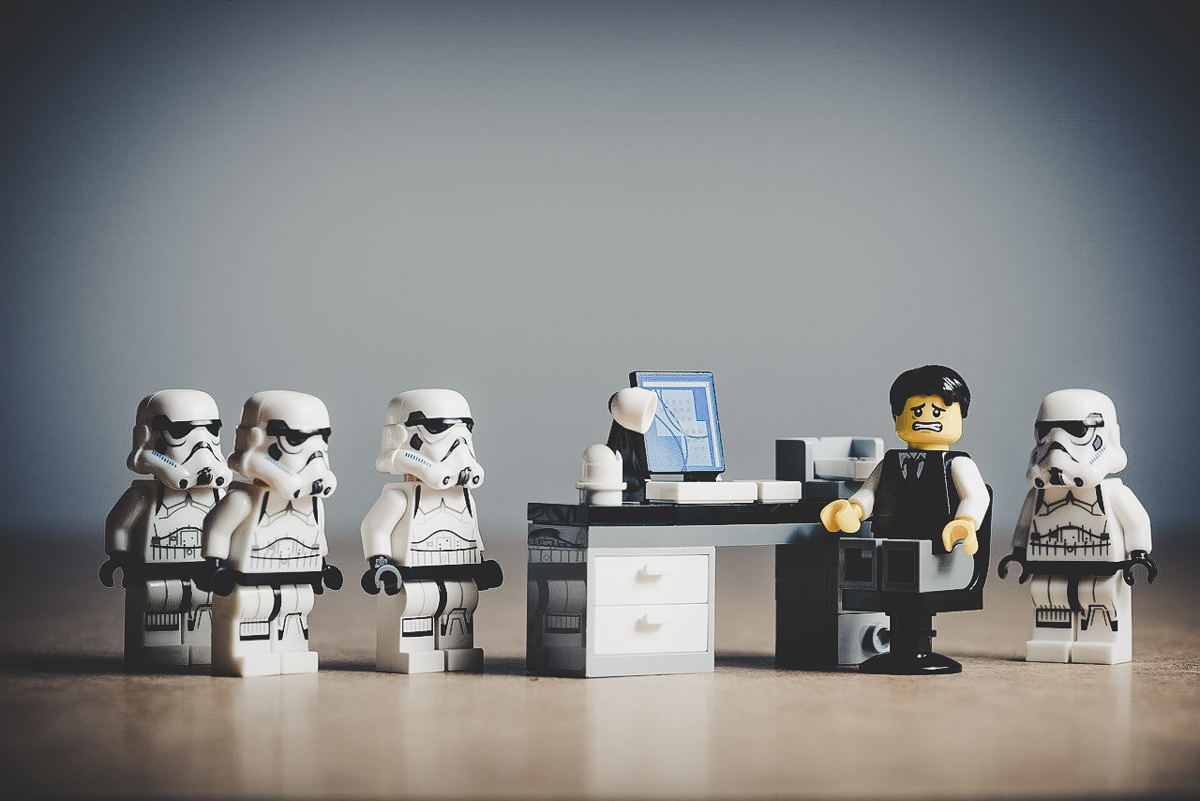Digital transformation is a process that gradually integrates digital technologies into a company's activities in order to optimize its administrative, production, marketing, financial and commercial procedures, as well as its products and services.
If the concept of digital transformation is often unclear in the eyes of many company managers, the purpose is clear: to position the company so that it can meet the challenges of an increasingly globalized and digital market.
The digitalization of a company can even be a decisive step for nothing less than its own survival! Whether it's about transforming the entire business or digitizing a department, it's crucial to approach the situation from the right end. Here are some examples of digital transformation of large companies.
If the concept of digital transformation is often unclear in the eyes of many company managers, the purpose is clear: to position the company so that it can meet the challenges of an increasingly globalized and digital market.
The digitalization of a company can even be a decisive step for nothing less than its own survival! Whether it's about transforming the entire business or digitizing a department, it's crucial to approach the situation from the right end. Here are some examples of digital transformation of large companies.



